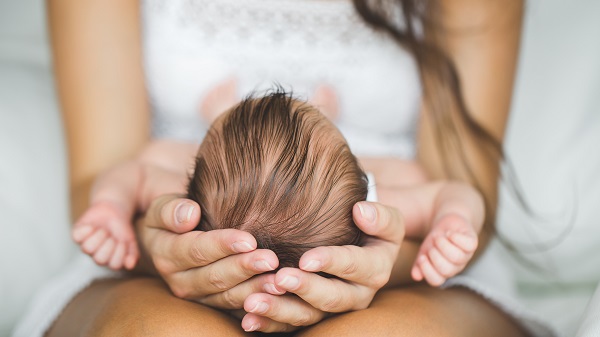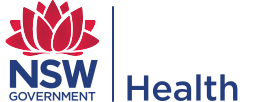Safeguarding the health of her unborn baby can sometimes feel like a solo event for a mum-to-be, but she is far from alone.
Trillions of microorganisms living on and in the human body, collectively known as the microbiome, play a massive role in pregnancy health. And NSW researchers are now exploring how to harness the maternal gut microbiome to ensure the baby has the best start in life.

A healthy gut microbiome performs a range of useful duties, such as digesting food and regulating our immune system. But should it become dysfunctional, it can lead to chronic conditions such as asthma and obesity.
These consequences aren’t confined to the expectant mother: her microbiome shapes the health of her developing child and morphs as pregnancy progresses. For instance, microbial population demographics shift dramatically between the first and third trimesters to extract more nutrition from food.
Such literature has UNSW gastroenterologist and Professor of Medicine Emad El-Omar “completely smitten”.
“Pregnancy is one of the most fascinating microbiome stories of all time,” says El-Omar, who also founded and directs the Microbiome Research Centre (MRC) at UNSW.
To add chapters to this story, the MRC is running a first-of-its-kind study called MothersBabies.
Microbiome ‘fingerprints’
MothersBabies is currently recruiting 2000 women who are planning pregnancy to take part in a cellular census of sorts.
Its first phase aims to discover which microbial species comprise the gut ecosystem of women, as well as what they’re doing: namely, genes they express – the transcriptome – and metabolites they churn out, known as the metabolome.
These will be measured from self-collected swabs and stool samples not only during pregnancy, at delivery and after delivery, but even before conception, says Naomi Strout, MothersBabies project manager and executive officer.
“That’s really the big difference MothersBabies has to any other perinatal studies around the world,” Strout, also a registered nurse and midwife, says. “We’re looking to identify what sorts of microbial communities are there pre-conception, and whether that can impact conception and the pregnancy itself.”
Strout, El-Omar and their team will then link pregnancy-related conditions such as pre-eclampsia and gestational diabetes to unique microbiome ‘fingerprints’.
MothersBabies will track the microbiome and health of the newborns to 12 months too. While that first year of life may be too early to diagnose conditions such as autism, Strout says, “we’re hoping once we have that birth cohort established, we can follow them for 10 or 15 years.”
It’s not just mum and bub’s microbiome under the microscope either. A father’s microbiome may well affect sperm and semen quality, so they will provide stool samples too.
Pre-emptive diagnosis and prevention
The hope is that microbiome tests before, during and after pregnancy will one day be just as routine as fetal ultrasounds and maternal blood tests are today.
If, say, a woman’s microbiome looks like it’s steering her towards pre-eclampsia, an obstetrician may nudge it back to a healthier state using prebiotics – food compounds that encourage ‘good’ microbial growth – and next-generation probiotics that populate the gut with beneficial bacteria.
Phase 2 of MothersBabies will explore this idea with a large clinical trial. At least 1000 women will have their microbiome monitored. For 3 months, half will receive a cocktail of pro- and prebiotics, and the other half, a placebo.
Following that cohort of babies into childhood can provide information about rates of conditions thought to be driven, at least in part, by the microbiome, such as autism, asthma and allergies.
While it’s still early days, Strout and El-Omar are confident findings from the study will bring enormous benefits for mothers and babies alike.
“MothersBabies will be an absolute treasure trove of information,” El-Omar says. “It’s a beautiful translational opportunity.”
If you’d like to know more about the study, or are interested in participating, please email mothersbabies@unsw.edu.au.
Updated 4 years ago
